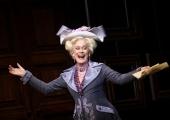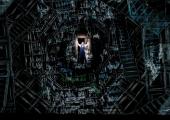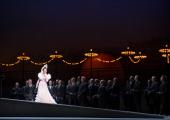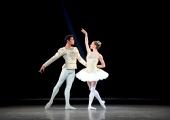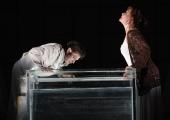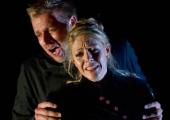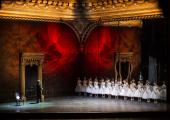Die Frau ohne Schatten, Royal Opera
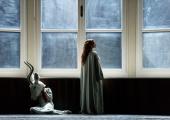
Compelling dream-interpretation of Strauss's myth graced by fine singing and conducting
The big message of The Woman Without a Shadow, brushing aside the narrower, moral majority preaching that you’re incomplete without children, seems clear: fulfillment can’t be bought at the cost of another’s suffering. Yet the path towards that realization in this "massive and artificial fairy-tale", as an increasingly alienated Richard Strauss called it, is strewn with magnificent thorns in both his complex, layered music and Hugo von Hofmannsthal’s elaborate symbolic libretto.

